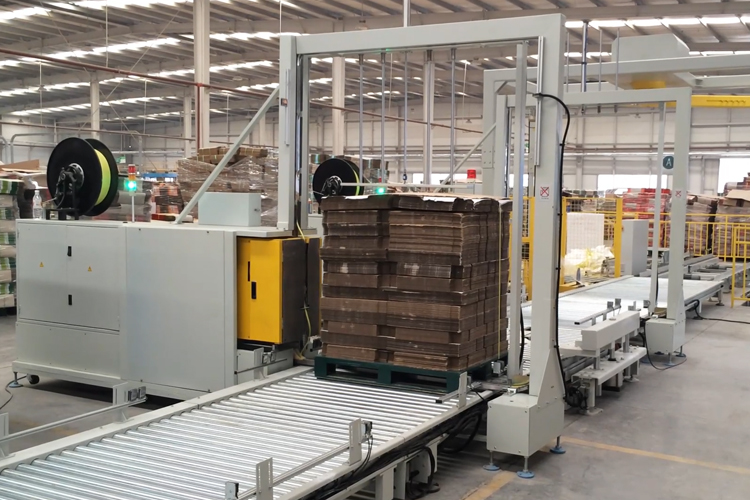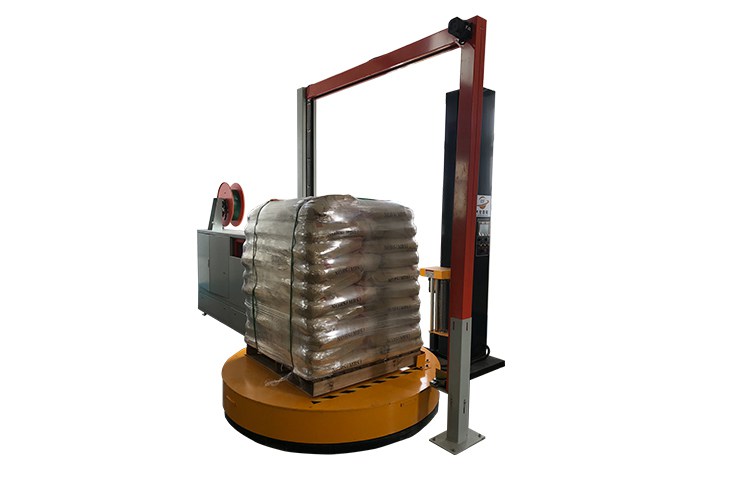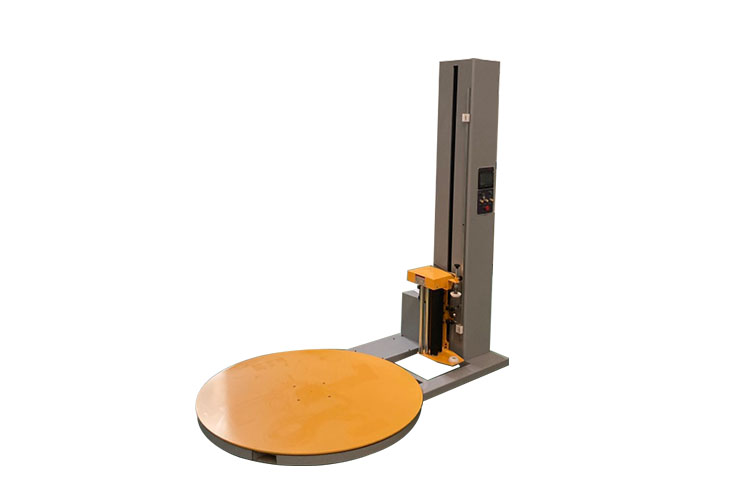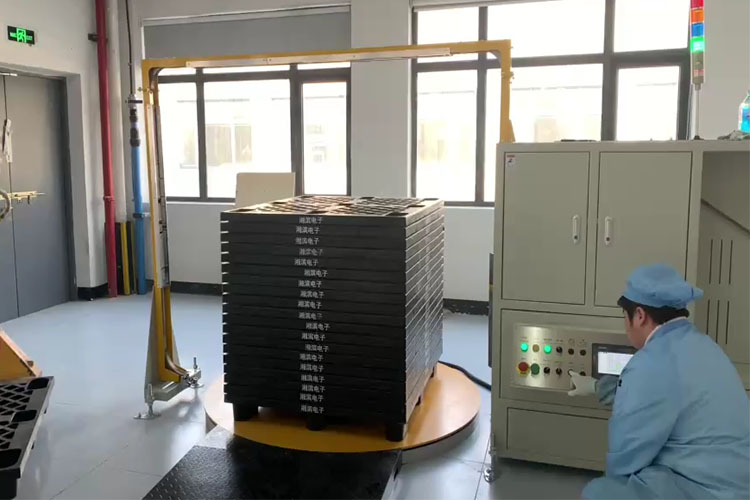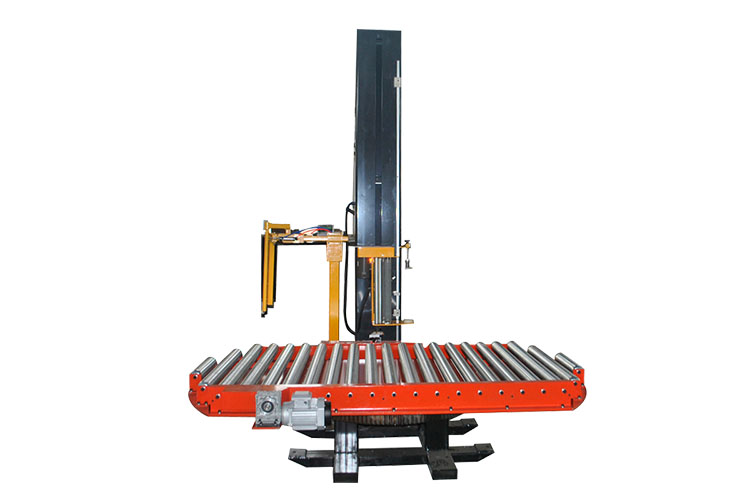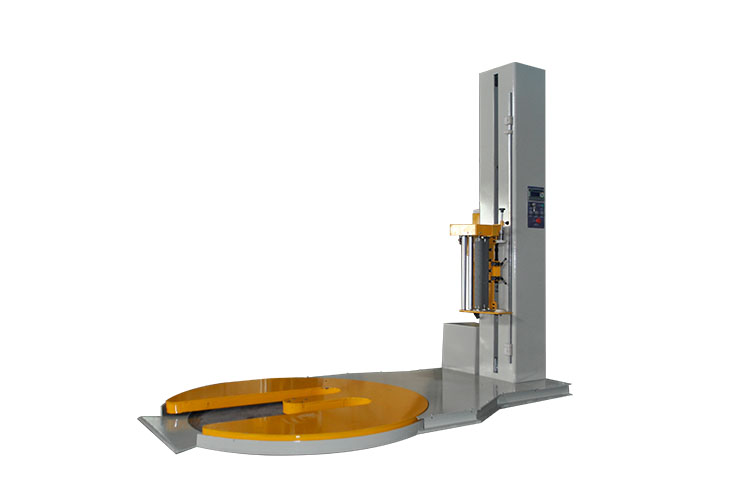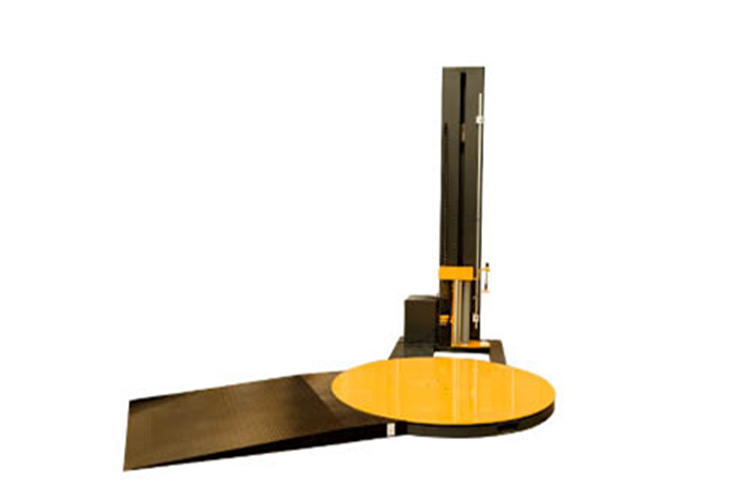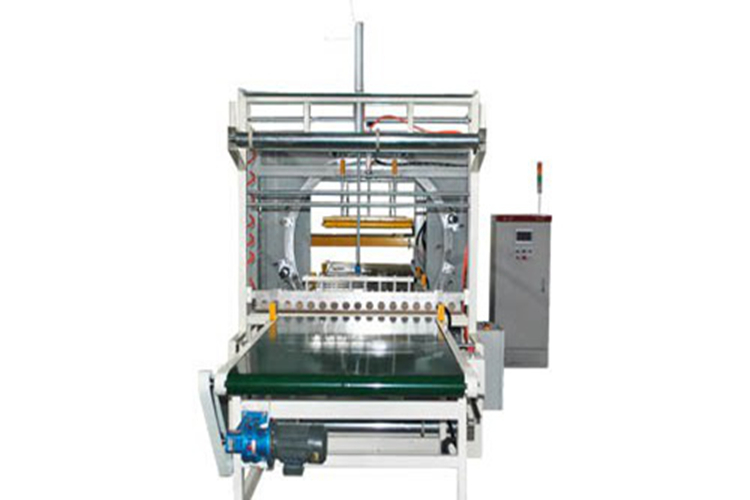High Dust Levels in Chemical Plants? Explosion-Proof Wrapping Machines Ensure Safe Packaging
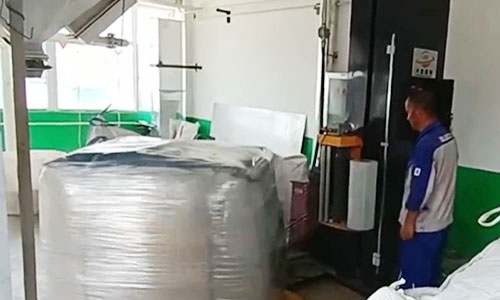
Balancing Safety and Efficiency in Packaging
In industries handling flammable, explosive, or dusty materials, standard wrapping machines may pose risks due to electrical sparks or mechanical friction. Explosion-proof equipment eliminates these hazards while delivering stable performance, high efficiency, and material savings—making it indispensable in such environments.
Features: Explosion-Proof Design with Reliable Performance
The machine integrates explosion-proof motors and electrical components rated at Exde II BT4 or higher, ensuring safe operation in flammable or explosive settings.
It features a powered pre-stretch film carriage, achieving a stretch ratio of up to 250% to reduce film costs. The turntable supports 2000kg loads, with adjustable speed from 0–12 rpm. Photoelectric sensors automatically detect pallet height, while a PLC programmable system enables multi-layer wrapping and reinforcement settings for consistent packaging.
The double-chain column structure ensures smooth lifting and low maintenance. Some models also support automatic film attachment and cutting, reducing manual intervention.
Applications: Focused on High-Risk Environments
Explosion-proof wrapping machines are primarily applied in chemical raw materials, powders, carbon black, paints, and refractory materials, where dust and gas concentrations are high. Their spark-free design prevents accidents. They are also suitable for pharmaceutical, military, and energy industries requiring strict safety standards. Whether for bulk bags, drums, or palletized goods, the machine ensures secure and regulation-compliant packaging.
Case Study: Safety Upgrade for a Chemical Plant
A chemical company previously used standard wrappers for bulk bags but faced safety risks due to dusty environments. After switching to an explosion-proof wrapping machine, the plant eliminated spark-related hazards and raised throughput to over 30 pallets per hour. Pre-stretch technology reduced film consumption per ton by about 18%, cutting costs. The manager noted: “This equipment not only enhances safety inspections and customer audits but also improves our brand image.”
A Safer Choice for High-Risk Packaging
Explosion-proof wrapping machines meet the dual demand for safety and efficiency in industries like chemicals and coatings. They secure both production and logistics processes while driving automation and cost savings. As industrial safety standards rise, their adoption will expand, providing businesses with safer, more reliable packaging solutions.


